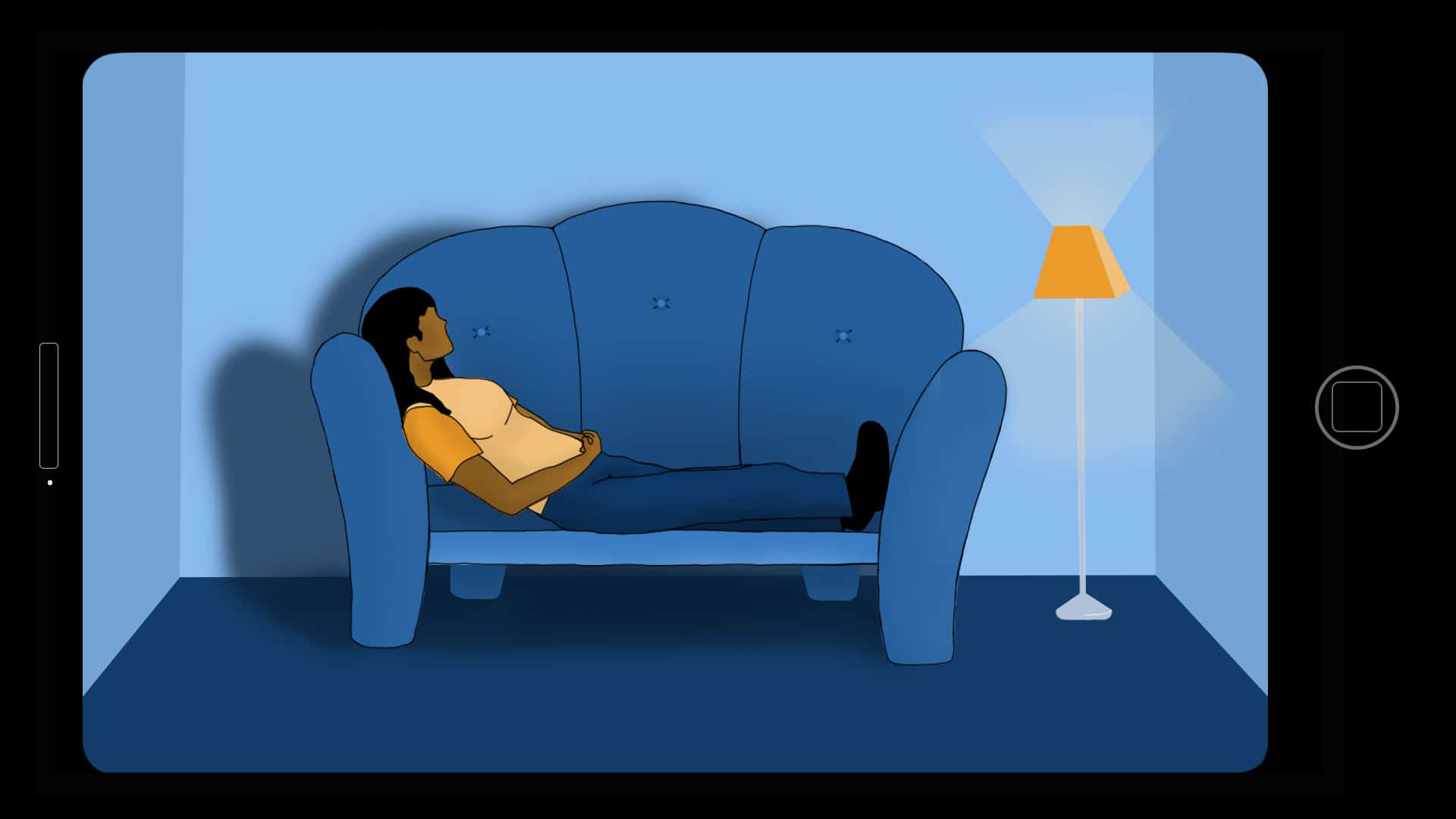Content warning: This article mentions stereotypes about mental illness.
I’m a part of Gen Z. In my bubble, therapy is widely accepted — even encouraged. From our perspectives, having gone to or currently being in therapy is the biggest green flag. Caring about your mental health is hot.
Once you step outside of that space, however, you have to face older generations who generally still believe the inaccurate stigma that one must be ‘crazy’ or be suffering from a mental illness to get help.
This disapproval isn’t something that should matter. After all, who really cares if your judgy old co-worker has something to say about you caring for your mental well-being? However, in the case of your parents, that judgement can hit closer to home.
Talking to your parents about wanting to go to therapy can be tricky. For some parents, you’d want to express that attending would be beneficial, but not in a way that makes them concerned about your mental health when there isn’t a reason to be. You may also want to avoid making them feel like they’re the problem you want to address during your sessions — even if that might be the case.
I sought out therapy because of the benefits that I’ve heard from my friends who have attended it. I felt that I was stuck thinking in a negative way that didn’t allow me to process my emotions. I turned to self-destructive behaviours because I didn’t feel like I could talk to anyone I was close to without facing negative consequences in the future.
When first starting out, I had concerns about what therapy would be like. Would it be awkward? What if I didn’t like my therapist’s advice? How could I share the deepest parts of myself — the ideas I had never expressed out loud — with a complete stranger? Were enough things ‘wrong’ with me to even validate going?
Thinking about therapy and actually attending it are two very different things. People rarely talk about the feeling of comfort you get from sharing your worries with someone who is not directly involved in your life. You can allow yourself to be honest without the concern that you will face consequences for expressing your honest feelings.
Perhaps the greatest advantage you’ll gain is the ability to be honest with yourself. In therapy, it’s okay if you say that horrible thing about your friend that you’ve felt for years but couldn’t acknowledge. Better yet, it’s even encouraged that you do so.
But explaining this to your parents is another ballpark entirely.
I approached talking about therapy with my parents by planting the idea in their minds slowly. Together, we began watching television shows whose plotlines incorporated therapy. Then, I mentioned how one of my friends was benefitting from attending it. The key, I found, was to be consistent in these conversations so I could slowly change my parents’ perception. In other words: yes, I did ‘Pavlov’ my parents into accepting therapy.
I would also recommend choosing an appropriate time to discuss the topic. Scope out your parents’ moods and create a conversation that eventually leads into talking about your emotions. Maybe even bring up a problem that’s been concerning you lately. Once your parents get insight into how you’ve been feeling, you can mention that you’ve done some research and that you feel like you’re interested in exploring therapy.
However, it’s important to note that you can attend therapy without your parents’ approval. U of T students who’ve paid their incidental fees have access to all of the university’s therapy services, including on-location counselling, group therapy, psychotherapy, and psychiatric care. If you feel that it’ll bring more harm than good, keeping your parents separate from that part of your life could be essential to your well-being.
At the end of the day, you know your parents best. You probably already know how to navigate a difficult conversation with them, too. If you feel comfortable doing so, showing them how much therapy means to you could open your relationship to a new depth of communication that you haven’t yet explored.


